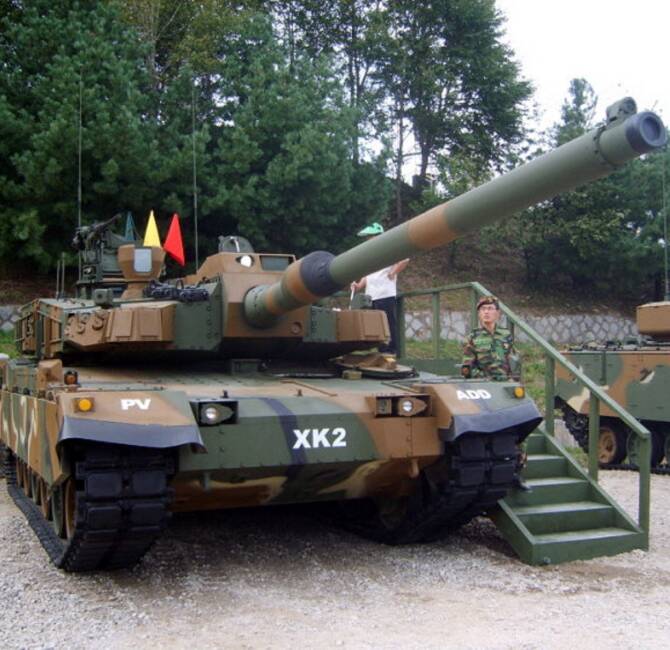Czechia/Lithuania – Being faced, similarly to Poland, with a migration crisis provoked by the Belarusian authorities, Lithuania has undertaken – like its southern neighbour – to build a border fence. The Central European and V4 countries, including the Czech Republic, stand in solidarity with their Baltic neighbours.
A concrete sign of solidarity
In the case of the Czech Republic, this solidarity is expressed not only in words but also in deeds. That country is giving financial aid of €530,000 to support the construction by the authorities in Vilnius of a three-metre high fence along its nearly 500 km long border with Belarus. The Lithuanian fence is modelled on the one erected by Hungary in 2015 on its border with Serbia, at the height of a migration crisis that was greatly inflamed at the time by the attitude of German Chancellor Angela Merkel.
Supporting countries defending the EU’s external borders
The Lithuanian border fence will cost €152 million, and Vilnius has asked its EU partners to contribute financially, as defending the Lithuanian border protects not only Lithuania but the whole of the EU against the migration wave orchestrated by Minsk. The Czech Republic was the first to respond favourably to this request. Speaking on the subject on 7 September at a meeting with Lithuanian Interior Minister Agnė Bilotaitė, with whom he signed an agreement on joint Czech–Lithuanian measures to speed up the construction of the fence, Czech Foreign Minister Jakub Kulhánek (ČSSD) said that European countries should
“fully support those countries” which, like Lithuania, “are ready to defend the EU’s external borders”.
He also said that Belarusian President Alexander Lukashenko must be stopped from “continuing to use illegal immigration as a means of blackmailing Lithuania and the European Union as a whole”. For her part, Bilotaitė stressed the importance of the Czech assistance, which
“shows that Lithuania is not alone” and “that the protection of the EU’s external borders is not only our own business, but is in the interest […] of the whole European Union”.




